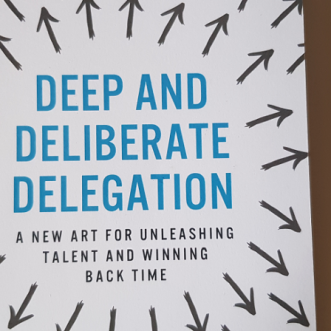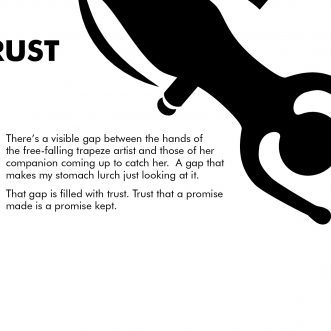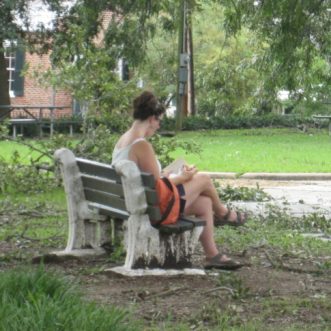
Deep and deliberate delegation
I re-read this book by Dave Stitt over the weekend, and frankly, it made me jealous.
It is just so good.
Clearly and simply written, sharing tools and techniques I’ve never seen before, it delivers a really powerful combination of thought and action, insight and how-to, theory and process.
All of which makes it a much deeper, more thought-provoking read than most business books, yet still one that prompts you to get on and have a go for yourself.
If you are taking stock of how you delegate in your business, with a view to doing it much, much better, I thoroughly recommend this book.
Deep and deliberate. Pretty good rules to do business by.








